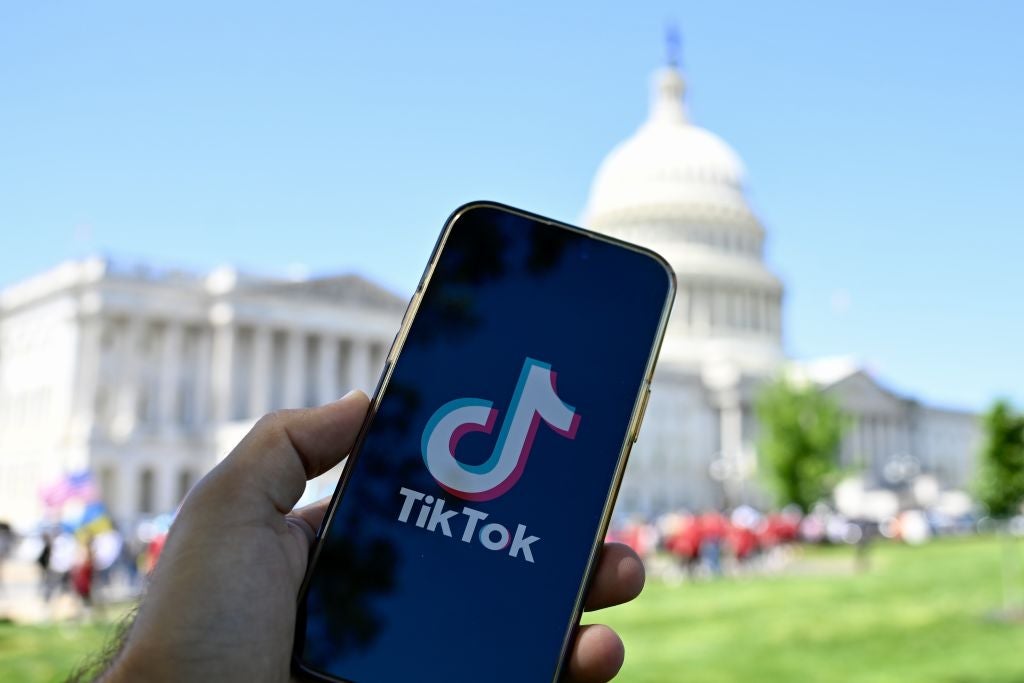
Talk of 5G has been around for so long that it already feels like an old technology event even though it isn’t commercially available yet. Most mobile network operators won’t begin offering 5G services until 2019 or 2020.
Does the average phone user really need 5G? The answer is probably not; but the technology will enable better use of spectrum and power more services that will benefit consumers (e.g., through the use of IoT and analytics).
5G and the criminal underworld
However, one aspect of 5G that has not received much attention is how it will be seized upon by the murkier side of the global population. Cyber-crime is a raging battle front and perhaps, before 5G becomes widely available, governments and regulators should consider how criminals may utilise the technology.
The European Union Agency for Law Enforcement Cooperation, better known as Europol, has highlighted that the new technology will threaten existing techniques for tracking criminals.
Europol’s 2018 Internet Organised Crime Threat Assessment (IOCTA) has followed on from research begun by the EU’s Public Private Partnership on 5G and noted that new security concerns will come from issues related to locating users and GDPR.
Firstly, the underlying virtualisation technology needed to deal with the complexity and bandwidth of 5G makes it much harder to identify and locate individual users. 4G technology gives each user a unique identifier. 5G technology only allocates temporary identifiers.
How well do you really know your competitors?
Access the most comprehensive Company Profiles on the market, powered by GlobalData. Save hours of research. Gain competitive edge.

Thank you!
Your download email will arrive shortly
Not ready to buy yet? Download a free sample
We are confident about the unique quality of our Company Profiles. However, we want you to make the most beneficial decision for your business, so we offer a free sample that you can download by submitting the below form
By GlobalDataArtificial intelligence offers a potential way for the police and security services to overcome this challenge. However, the GDPR laws designed to protect individual privacy mean that the data bases required may themselves be illegal.
Security benefits
On the plus side, there will be a direct security benefits from 5G. Companies and public sector bodies will have more options for encrypting data, making any potential breaches less likely and less damaging. The IoT technologies that use 5G will also support improvements to other aspects of security such as CCTV and object tracking (e.g., stolen phones/laptops).
New technologies always bring new challenges and the battle against cyber-crime and organised crime creates dilemmas for governments and populations.
In the UK, the proposed ‘Snoopers Charter’ (the Draft Communications Data Bill) drew much public criticism and was dropped. The Investigatory Powers Act that subsequently passed through the UK Parliament only gained the backing of a majority of British MPs after concessions to privacy were made.
But too much data protection also has its consequences. It may be that the EU (and, after Brexit, the UK) will need to consider revisions to GDPR once 5G goes live across Europe.





